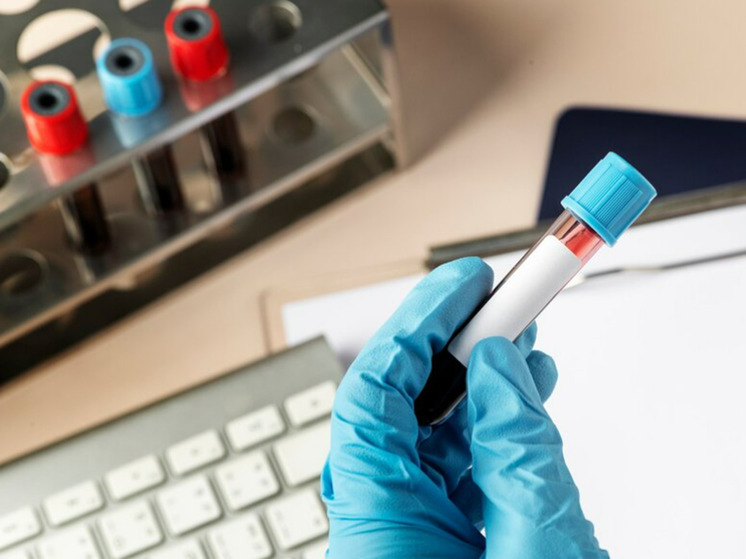Observations continue
The rise in traces of COVID in wastewater has some scientists wondering whether the coronavirus is now infecting people's intestines. Some foreign virologists believe that the virus has changed its requirements for penetration into cells, which means that it is easier for it to infect the intestines.

Scientists around the world, including in the US, are finding traces of COVID in much larger quantities of wastewater. Virus particles are shed in large quantities in the feces of infected people.
Molecular virologist and professor of molecular microbiology and immunology at the University of Missouri, Mark Johnson, told the Daily Mail: “There has been a huge spike in traces of the virus in wastewater in Europe. Many of us have been wondering what the possible explanations might be.”
In Austria, for example, COVID levels in wastewater jumped from almost zero in July this year to about 700 gene copies per person, indicating viral load.
One idea is that the new JN.1 variant has changed its requirements for entering cells, perhaps to bypass vaccine immunity or previous infections.
Professor Johnson said there may be a new dominant variant COVID JN.1 is more focused on the intestines, but, according to him, there is no direct evidence for this theory yet.
According to Professor Johnson, many other coronaviruses affect the intestines, “so this is not surprising”: “Many coronaviruses cause problems in the gastrointestinal tract. They are found in cats and pigs, and in bats. These are not respiratory infections, but gastrointestinal infections.
JN.1 (the strain behind the recent surge in cases) is currently the fastest growing variant, according to the Daily Mail.
It now accounts for up to 29% of virus cases, a sharp increase from less than one percent in early November.
This variant is more contagious and better able to evade the immune system than other strains. But there is no evidence that it causes more severe illness than other circulating variants.
The latest data from the CDC shows that nearly every state is reporting «high» cases of infection. levels of COVID in wastewater.
The last six months have also seen a steady increase in virus activity in wastewater. Meanwhile, the number of cases of the virus being detected in wastewater has risen sharply in countries such as Austria, Germany, Switzerland and Singapore.
Sewage surveillance was first introduced during the pandemic to track new variants and allowed officials to give early warning of outbreaks.
Australian virologist Stuart Turville believes JN.1 is taking a new route into cells and favoring intestinal cells .
This week the World Health Organization flagged JN.1 as a variant of concern.
«Serious gastrointestinal infections caused by the virus can occur. We find evidence of people who have been infected for years and are shedding crazy amounts of the virus, and we can find it in sewers in places where more than 100 thousand people live,” – concluded Mark Johnson.
However, the Daily Mail emphasizes, there has not yet been an increase in hospitalizations or gastrointestinal-related symptoms to support the idea that JN.1 is more gut-targeted.
























































Свежие комментарии